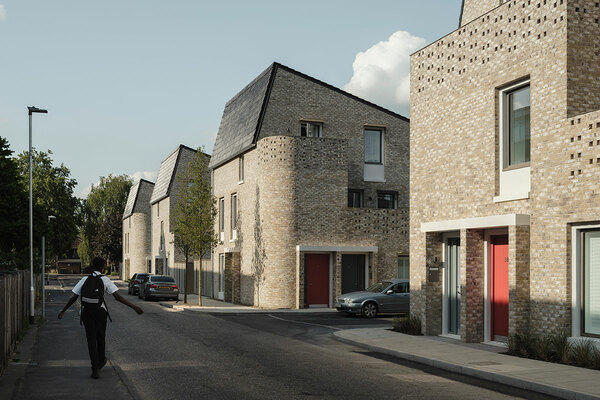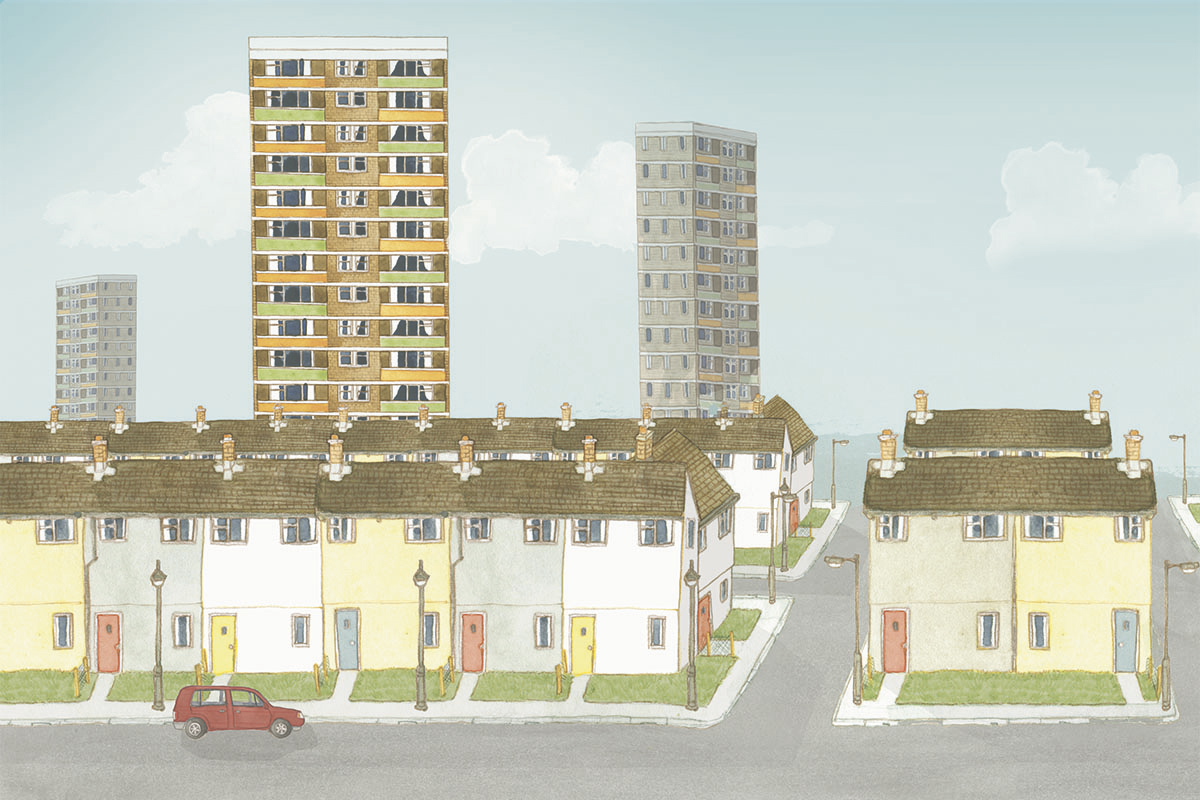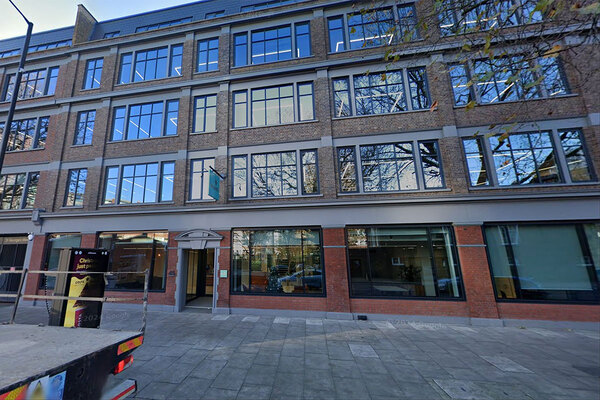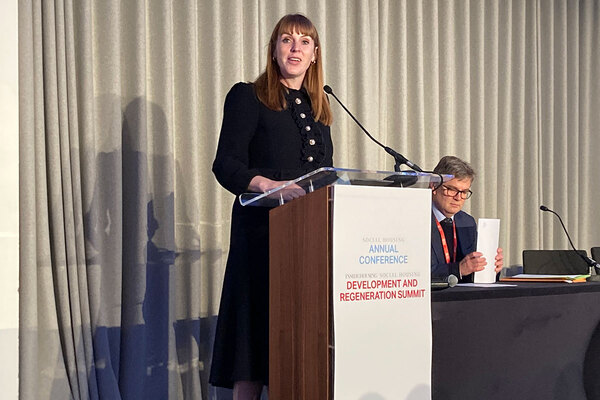You are viewing 1 of your 1 free articles
Councils warn housing projects may be cancelled following PWLB interest rise
Councils have warned that housing projects may be cancelled after the Treasury announced a surprise increase to public borrowing interest rates.
Town halls are able to borrow from the PWLB for long-term capital projects, such as housebuilding schemes, at rates which tend to be lower than those offered by private lenders.
A spokesperson for the Local Government Association said: “This 1% PWLB rate increase could cost councils an extra £70m a year for borrowing to be undertaken in the next year.
“It presents a real risk that capital schemes, including vital council housebuilding projects, will cease to be affordable and may have to be cancelled as a result.”
Sharon Taylor, leader of Stevenage Borough Council and finance spokesperson for the District Councils Network, said: “It is extremely disappointing that the government is to increase Public Works Loan Board rates, at a time when councils’ finances are already under huge pressures.
“From building homes to financial planning, this could seriously jeopardise councils’ investment strategies.”
Local authorities across the country have been putting in place huge borrowing programmes to build new homes after the government abolished the Housing Revenue Account (HRA) debt cap in October last year.
The increase takes PWLB rates back to the same level that was available in 2018.
A spokesperson for the Treasury said: “Even with this change, the PWLB rates offer very good value to local authorities.
“We have also legislated to increase the lending limit of the PWLB to £95bn, as part of the government’s commitment that local authorities can access financing to support their capital spending plans.”
Steve Partridge, director at Savills Housing Consultancy, said: “This will make delivery of new housing harder, there is no doubt about that, and for local authorities that have lent onto companies at fixed rates, this will squeeze their margins.
“However, there are some mitigating factors. One is that for some local authorities, HRA rates are pooled and so variations in rates tend to be ‘smoothed’ out over a longer period.
“Two is that the rates are only about 20% to 25% above where they were earlier in the year – they have come in significantly in the past few months.
“Generally, rates are still the lowest in the market, and all the business plans that we have worked on have new borrowing rates at a higher level than they were yesterday.”
This is likely to have significant impacts. The PWLB is integral to much local authority housebuilding activity
— Dr Ben Clifford (@DrBenClifford)This is likely to have significant impacts. The PWLB is integral to much local authority housebuilding activity
— Dr Ben Clifford (@DrBenClifford) October 10, 2019
Update: at 16.50pm 10/10/19 a comment from Sharon Taylor was added to the story.












